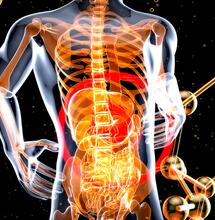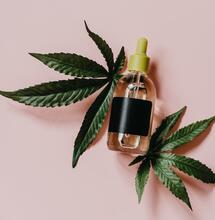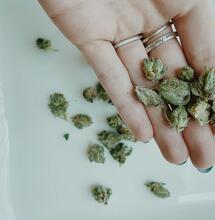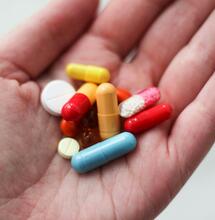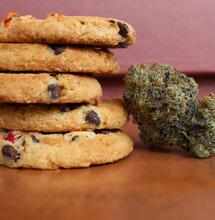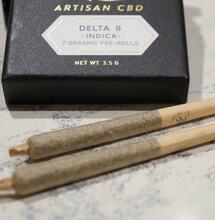Are Edibles Damaging Our Mental Health?

Mental health specialists have forewarned that weed edibles like gummy candies, chocolate and cookies are just as harmful as smoked cannabis, if not more so. Although not smoking cannabis spares you lung and heart damage, psychiatrists say that eating it proves more damaging to mental health.
With edibles, it takes a while for the THC to make its way into your bloodstream, compared to the fast peak you reach when inhaling. The delayed reaction of a couple of hours after eating means that people often consume a more significant amount and, therefore, a larger dose of THC, which makes the high last a lot longer.
Additionally, consuming cannabis edibles alongside fatty foods like chocolate and cookies can increase the potency of THC by as much as four times. This is because cannabinoids bind to fat well and help the body digest it better so that you absorb more of it.
This may be why there have been numerous cases of violent psychosis involving edibles. Although the investigation does not prove a direct link, as there may be other factors behind the psychiatric illness, the researchers say that the strength of the association suggests that a certain amount of "cause and effect" is at play.
In smallish, intermittent doses, THC does little harm. But more significant doses taken over longer, more regular periods can disrupt signalling in critical brain areas.
A review published in June 2023, examining the results of 101 studies into the health effects of cannabis, found that any regular frequency of use was associated with an advanced risk of psychological problems and the worsening of psychotic symptoms. The review published in the British Medical Journal included studies where cannabis had been smoked and ingested.
A 2019 review of nearly 10,000 hospital visits by doctors in Colorado, where cannabis has been legal since 2012, found that edible cannabis gummies, brownies and chocolate were linked to a more significant number of psychiatric troubles compared to inhaled cannabis.
It has also been thought that the blood concentration of THC may be higher from edibles in comparison to smoking.
It is gauged that 1 mg of D9-THC in an edible may deliver similar behavioural effects as 5.71 mg in inhaled cannabis, according to a recently published paper.
Experts have also raised concerns about the increase in potency of the cannabis available in the US over the past twenty years in both edible and inhalable forms.
In 2018, specialists in Colorado found that between 1995 and 2015, the THC content of cannabis flower increased by 212% in the state.
By 2017, the most popular strains in Colorado dispensaries had a range of THC content between 17–28%.
In comparison, the average THC strength in the early 90s in the state was only 4%. Recreational use of cannabis is currently legal in 24 US states, with Ohio being the latest to see reform in November 2023.
more on this topic from Soft Secrets:
